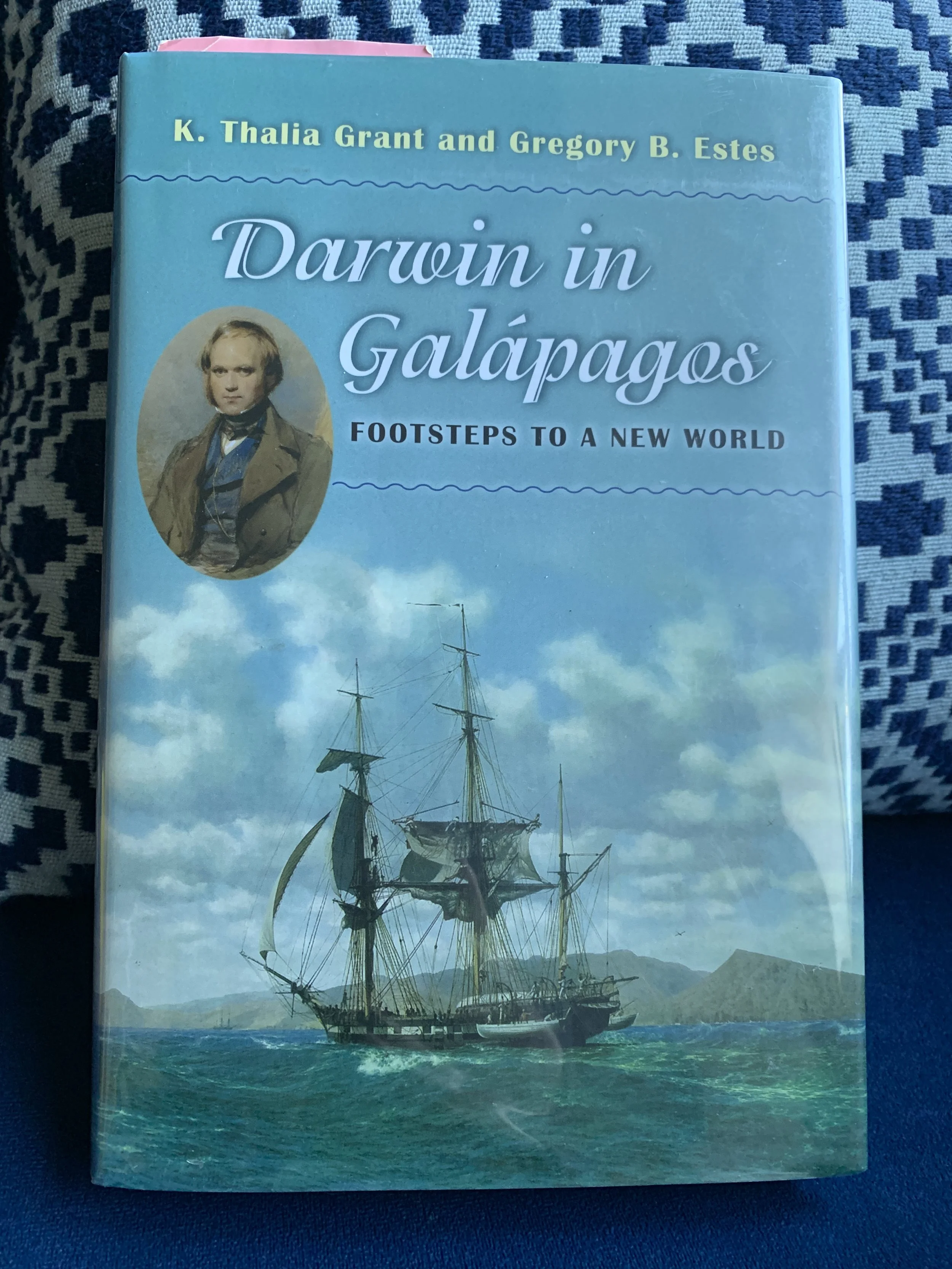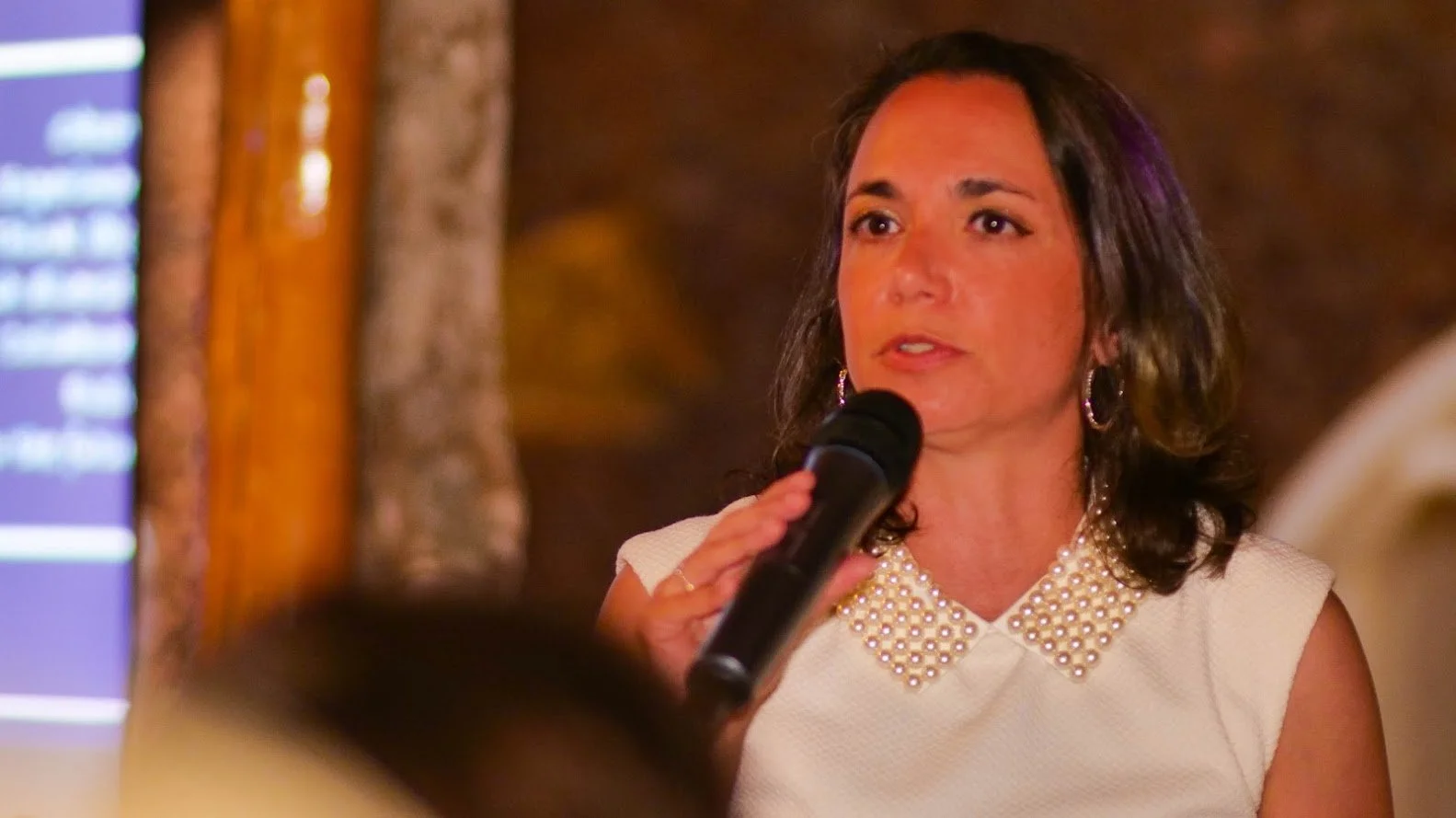Drawing Inspiration from Charles Darwin: Look, Stay Curious, Think—and Think Hard
Charles Darwin vector illustration credits: Roseed Abbas.
On February 12, we celebrate the birthday of Charles Darwin, the man who made major intellectual contributions to the natural sciences. Darwin was truly an interdisciplinary thinker: his fascination with geology blended powerfully with his love of zoology and botany (although he always said he was a lousy botanist … that’s my excuse for my lousy gardening skills).
Although his work was highly disruptive, Darwin was far from the only person asking big questions about whether—and eventually how—species and the earth itself change over periods of time much longer than people were used to considering.
💡 He spent decades being challenged by other thinkers, learning from them, refining his ideas, designing experiments.
After all, they were proposing a pretty incredible mindset shift: that the world around you is perhaps a million times older than you thought, and the earth and all the living things are changing all the time
Seem familiar? It should. Today we’re grappling with technological change that is exponentially faster and more powerful than at any previous time in human history. We’re also coming to terms with the difficult concept that today is slower and less powerful than any day in the future (barring apocalyptic catastrophe, of course).
Like Darwin and his colleagues, adversaries, and frenemies, we’re living in a remarkable, and remarkably challenging, time. What inspiration can we draw from Darwin, in order to think about how to navigate the coming years?
A recommended read: Darwin in Galápagos, by K. Thalia Grant and Gregory B. Estes.
Here’s the headline. “Through his keen powers of observation, his interest in all aspects of the natural world, his ability to reason, and his rigorous approach to study, Darwin came up with answers that 'shook the world'”.
💡 In other words, look, stay curious, think—and think hard.
That neat summary comes from Darwin in Galápagos, by the naturalists K. Thalia Grant and Gregory B. Estes. If you’d like to follow along in Darwin’s footsteps on these islands, I recommend this book. It’s a deep, deep dive into the 5 weeks—only 5 weeks!—that helped change biology forever.
If you consider yourself a “business person”, check out my previous blog post about a few life lessons for leaders from Darwin’s extraordinary voyage on the HMS Beagle. And if today you’re at some point in a science- or science-adjacent career, then you’ve signed on to a lifetime of curiosity and challenge.
💡 By the way: in my opinion, everyone can be a scientist, from the youngest child to the oldest retiree and everyone in between. If you ask questions, look around you, and think about what it all means, then you are a scientist!
In a nice coincidence, February 12 is also Galápagos Day, celebrating the annexation of the islands by Ecuador in 1832. I was fortunate enough to visit Ecuador and Gálapagos for a few short days last year. I would say it was the trip of a lifetime … but I want to go again! There’s so much inspiration in these lands, not just from the history but from nature itself. This inspiration is Darwin’s greatest gift to me, and I hope it’ll become part of your mindset, too.
About Tiffany
Dr. Tiffany Vora speaks, writes, and advises on how to harness technology to build the best possible future(s). She is an expert in biotech, health, & innovation.
For a full list of topics and collaboration opportunities, visit Tiffany’s Work Together webpage.
Get bio-inspiration and future-focused insights straight to your inbox by subscribing to her newsletter, Be Voracious. And be sure to follow Tiffany on LinkedIn, Instagram, Youtube, and X for conversations on building a better future.
Donate = Impact
After a 19-day voyage to Antarctica aboard The Island Sky in November 2023, Tiffany has many remarkable stories to share & a wealth of insights to catalyze a sustainable future.
You can support her ongoing journey by making a contribution through her donation page. Your support will spread positive impact around the world, empower Tiffany to protect time for impact-focused projects, and support logistical costs for pro bono events with students & nonprofits.











